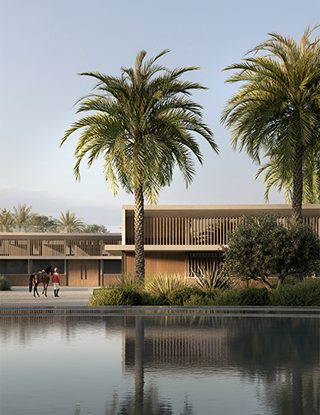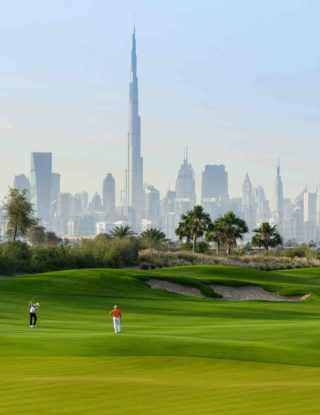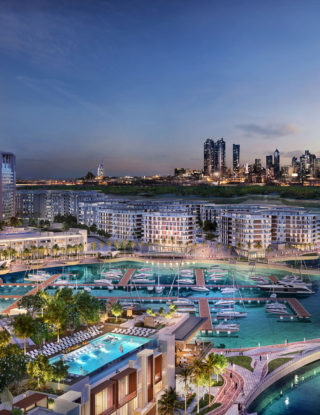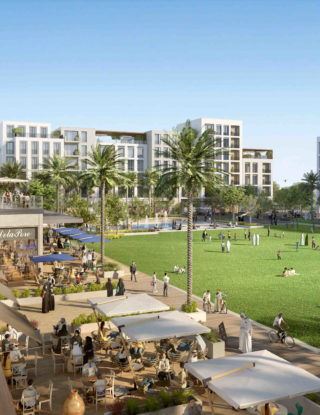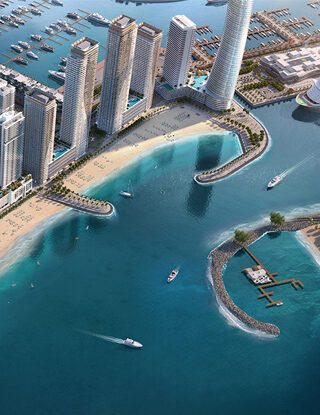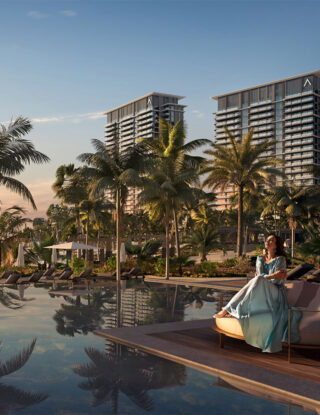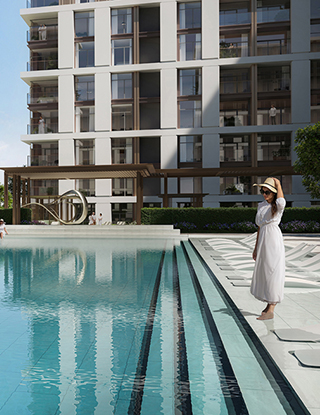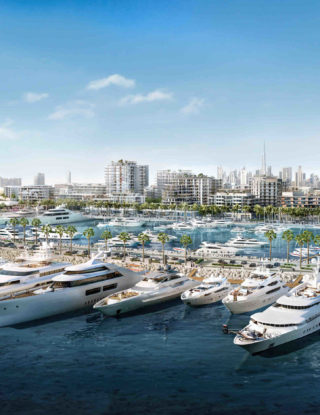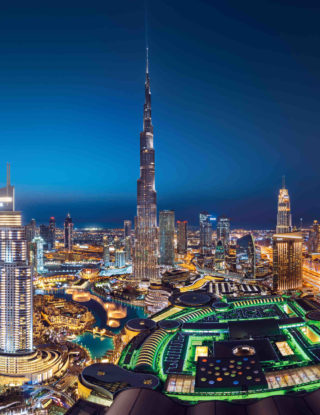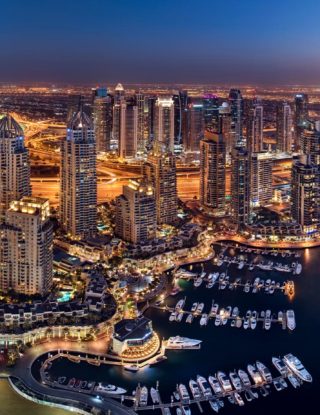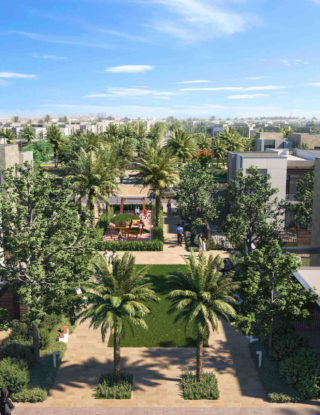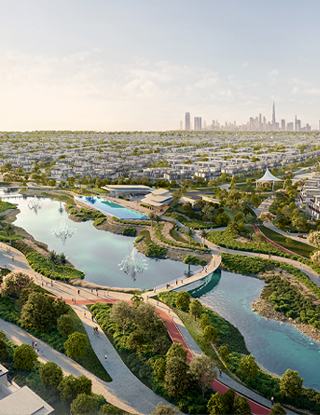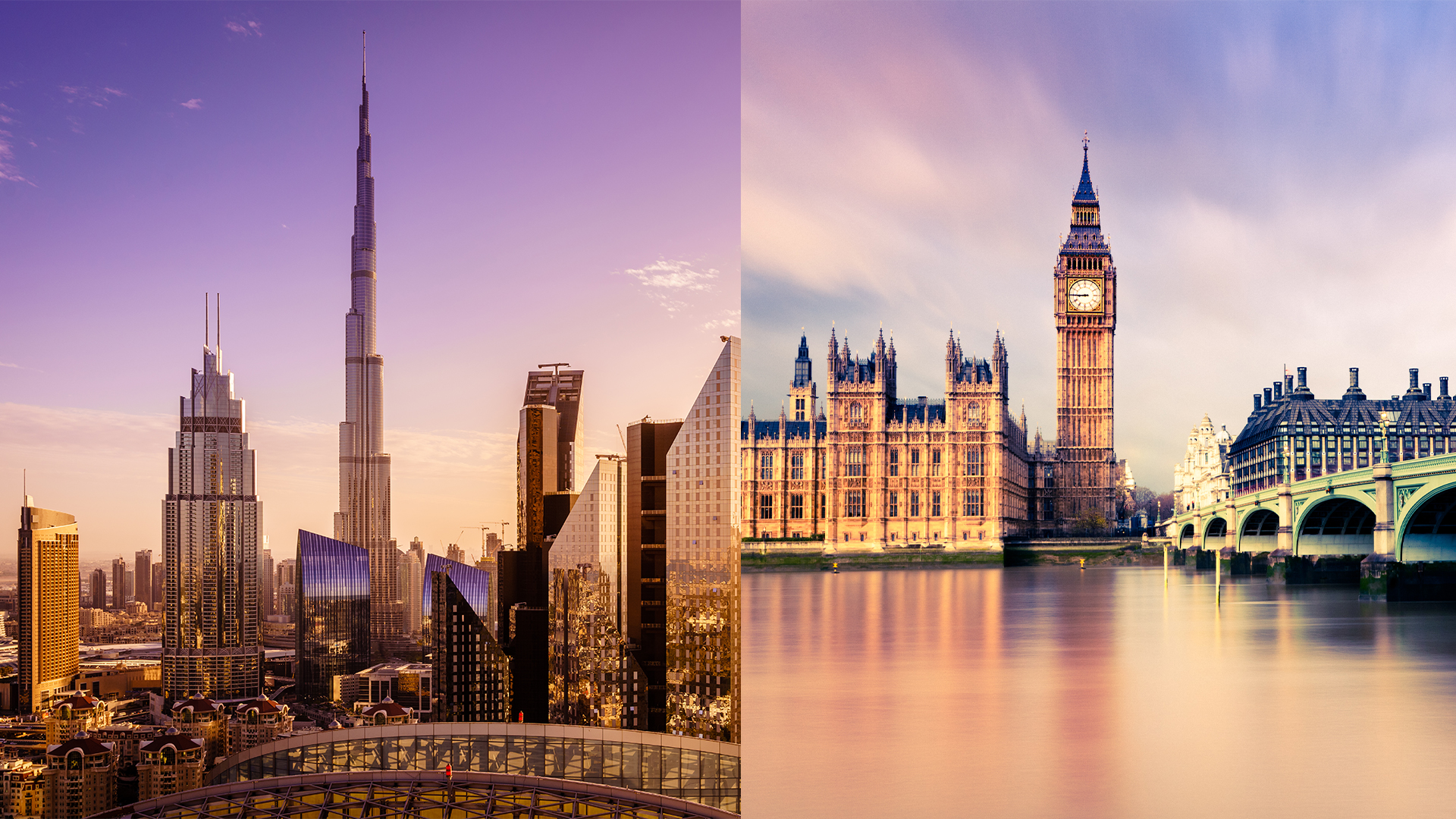As global investors recalibrate their strategies in a shifting economic landscape, the debate around where to invest, Dubai or London, has taken centre stage. Both cities offer compelling opportunities, boasting world-class infrastructure, cultural capital, and long-term appeal. But in today’s climate, where performance, profitability, and future growth are paramount—Dubai is emerging as a front-runner, consistently outperforming mature markets like London and even New York.
In an era defined by economic volatility and evolving global wealth flows, the key question for investors is no longer just where to buy but where capital can work harder, deliver higher rental yields, and offer stronger long-term prospects.
While London has long been a symbol of financial stability, Dubai’s investor-friendly environment, tax-free advantages, competitive cost per square foot, long-term visa incentives, and strong capital growth are redefining the global real estate landscape. A closer look at rental yields, appreciation potential, regulatory frameworks, and investor sentiment reveals a compelling case for Dubai as the leading destination for high-performing property investments.
Rental Yields: Dubai Leads the Pack
Residential Rental yields in Dubai are an average of 7 per cent, making the city one of the highest globally for rental returns and a prime destination for property investors seeking strong returns. This is fuelled by strong demand from a growing population of expatriates and professionals, as well as the city’s booming short-term rental market driven by tourism. In comparison, London’s yields are more conservation with 2.4 per cent.
Capital Growth: A Market on the Rise
Beyond immediate income, the potential for capital appreciation is a key consideration and Dubai is delivering. The city’s property market is in the midst of sustained, double-digit growth, driven by high demand, visionary development, and proactive government policies. Strategic government initiatives, major infrastructure investments, and a rising profile as a global hub for business, tourism, and high-net-worth individuals are all contributing to this momentum.
Dubai continues to rank among the fastest-growing luxury property markets in the world. Real estate transactions alone reached 226,000 in 2024, with a combined value of AED 761 billion, marking a 36% year-on-year growth in volume and a 20% rise in value.
By contrast, the UK’s commercial real estate market recorded £46.6 billion (approx. AED 214 billion) in transactional volume, a 21% increase over 2023, although still 18% below the 10-year average.
Transaction volumes and asset values in Dubai are rising sharply, signalling strong prospects for long-term capital gains. This sustained momentum often outpaces the more measured appreciation typically seen in mature markets like London.
Taxation and Costs: Dubai’s Investor-Friendly Framework
Dubai’s tax-free environment offers a significant edge for property investors focused on maximising net returns. The emirate imposes no property tax, no capital gains tax, and no income tax on rental income, allowing landlords to enjoy full profits from rental yields without government deductions. This tax-efficient environment in Dubai directly enhances net returns for investors, allowing for greater profitability and reinvestment potential.
This stands in sharp contrast to the UK, where property owners face a layered tax structure, including Stamp Duty Land Tax (up to 12%) and more.
Additionally, Dubai real estate projects have benefited from improved transparency within the sector. Regulatory frameworks are evolving to provide greater clarity and security for investors.
Initiatives focused on standardised valuations and strengthened governance are fostering increased confidence among global stakeholders. This commitment to transparency, along with Dubai’s safe and high-quality lifestyle, further strengthens its appeal as a preferred investment destination.
Furthermore, Dubai offers a competitive cost per square foot compared to London, making luxury and high-end properties more accessible. Investors can secure ultra-modern residences with premium amenities at prices often half of those in London’s prime zones.
For example, with US$1 million, investors can secure 355 square feet of residential space in London’s upscale areas, while the same amount would purchase 980 square feet in Dubai prime residential spaces.
Visa Incentives and Ownership Flexibility
Dubai offers significant visa incentives and ownership flexibility that strengthen its appeal to international investors. Foreign buyers can secure long-term residency through property investment, including renewable 2, 5, and 10-year visas depending on the value and type of property purchased.
These visas extend to immediate family members and often come with business-friendly privileges, making Dubai a strategic choice for global investors looking to establish roots or diversify assets. Additionally, Dubai allows 100% foreign ownership in designated freehold areas, providing investors with full control over their property.
In contrast, the UK does not offer direct residency through property ownership. While it provides a stable legal framework and established property rights, foreign investors must meet stringent visa requirements which are not tied to real estate investment. Furthermore, many London properties operate under leasehold terms, limiting ownership flexibility and requiring additional costs like ground rent and service charges.
Diverse Property Options & World-Class Lifestyle
Both Dubai and London offer a diverse range of properties and lifestyles, catering to a global audience. In Dubai, buyers can choose from ultra-modern apartments, smart homes, and golf course villas to architectural marvels in sought-after districts.
London, on the other hand, blends heritage-listed homes, elegant townhouses, and contemporary flats, offering heritage charm and architectural prestige.
Lifestyle-wise, Dubai presents a futuristic skyline, luxury shopping, fine dining, vibrant beach clubs, and entertainment hubs, all set within a safe, cosmopolitan environment. London boasts a rich, historic urban experience, home to world-renowned museums, theatres, global gastronomy, and a thriving arts scene. Yet, for younger global investors and families seeking a future-forward lifestyle, Dubai’s climate, modernity, safety, and community spirit often give it a distinct edge.
Market Outlook and Resilience
Dubai’s diversified economic strategy, world-class infrastructure, and strategic global location continue to accelerate strong demand from both local buyers and international investors. Its commitment to innovation across sectors, from tourism and finance to technology and sustainability – positions the city for sustained growth and long-term opportunity.
While London remains a key global financial hub, its property market faces headwinds from high interest rates, potential new tax policies, economic/market instability, and cooling demand in prime sectors.
Regulatory reforms in Dubai have further strengthened investor confidence. Initiatives such as oversight by the Real Estate Regulatory Agency (RERA), mandatory escrow accounts for off-plan developments, and the introduction of digital title deeds have enhanced transparency, protection, and transactional ease. Additionally, foreign investors can own freehold property in many key areas—one of the most attractive aspects of buying real estate in Dubai.
While London has a solid legal framework, it’s often hindered by bureaucratic planning processes, leasehold limitations, and complex landlord regulations. For global investors seeking speed, clarity, and long-term potential, Dubai offers a more agile and investor-friendly regulatory environment.
A Global Perspective
When comparing Dubai and London as global property investment destinations, the contrast is increasingly clear. While London remains a prestigious market with long-standing appeal, Dubai offers a compelling blend of high rental yields, strong capital appreciation potential, a tax-efficient environment, and ease of entry and exit. Add to that a globally attractive lifestyle, a dynamic regulatory landscape, and a forward-looking urban vision, Dubai stands out as the more profitable choice.
Emaar is at the forefront of this transformation—shaping iconic communities that embody Dubai’s ambition, innovation, and enduring value. For investors seeking strong returns and a stake in one of the world’s most compelling real estate narratives, the city offers an unmatched opportunity.
